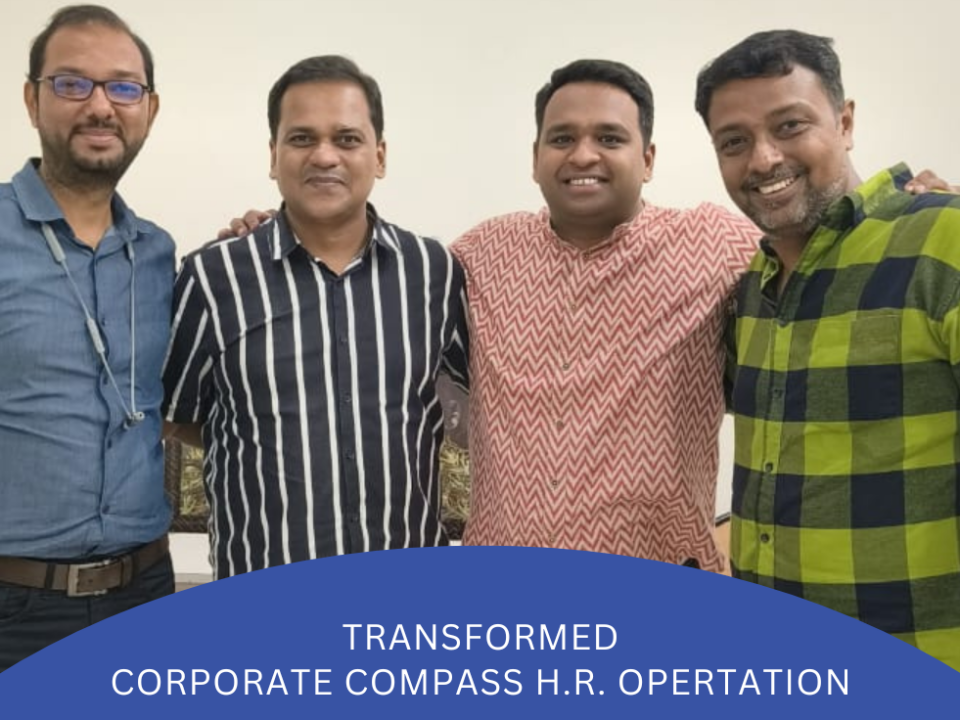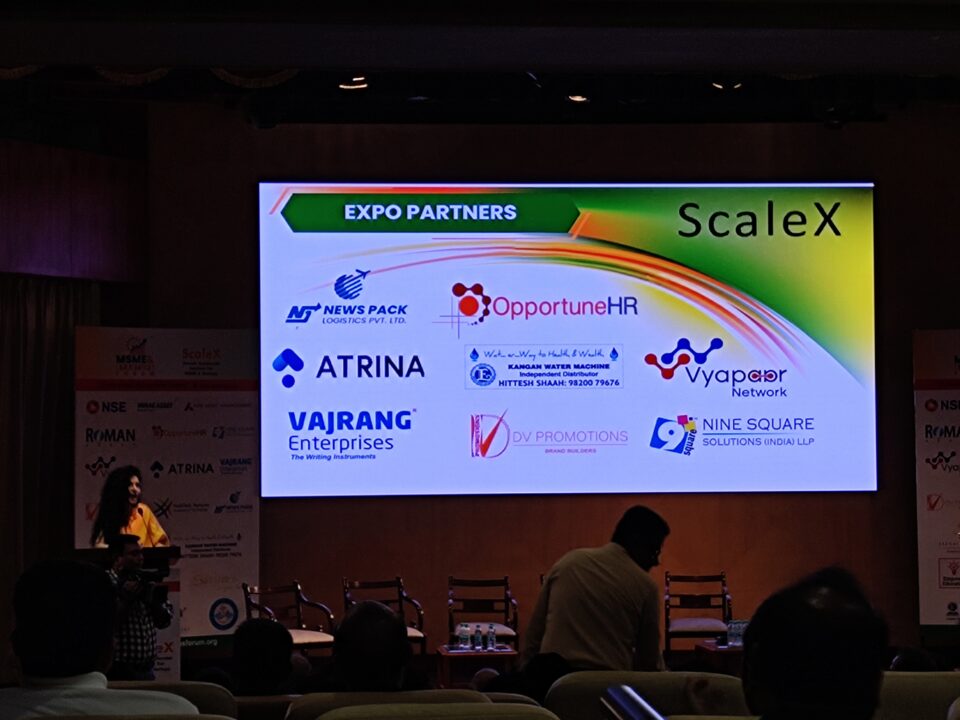
How to select the best HRMS Software?
June 24, 2022
Happy Birthday Vyapaar Network
March 17, 2023Project management is an approach adopted by an organization to achieve project goals within a designated time and budget. The project team applies its knowledge, skills, techniques, and technology to manage a project from initiation to completion. It does so with the help of a project management tools (PM tool). The importance of project management is clearly evident from a report by the Project Management Institute. It mentions that 21% of projects fail in companies that follow limited project management processes or do not have any set process.
Companies realize the importance of project management and PM tools. As per Gartner, the PM tools market is expected to reach a $7 million valuation by 2026. These tools should assist the company in managing its projects efficiently. Mentioned below are the core features a project management tool should have.
Core Features of a Project Management tools
Project Planning and scheduling
The Project Planning and scheduling module enables a project manager to set project goals, ascertain milestones, outline crucial tasks, assign task-specific dates and maintain the entire schedule of the project.
Collaboration
Team collaboration is the heart of every project. The collaboration module should allow teams to communicate and share relevant information with each other, and enable team members to provide feedback and review tasks. All this should happen in real-time to ensure a smooth communication flow.
Project Documentation
The Project Documentation module is a repository of all the files, documents, images, and spreadsheets for team members to collaborate on and share.
Reporting
The Reporting module should allow the project managers to create dashboards and reports in real-time, ideally with no or minimal technical support. It should also allow report sharing with relevant stakeholders. It ensures that all the key stakeholders can assess the current project status, expected completion time, if the project is on time and within the designated budget, pending tasks, etc.
Resource Management
The Resource Management module enables the project manager to track which team member is performing which activity, its current status, and by when is its expected completion time. It allows the project manager to align the right people on a task and manage their workload if required.
Task Management
The Task Management module allows the project manager to monitor and manage various project-related tasks assigned to team members. It should also display tasks completed, current ongoing tasks, and upcoming tasks. It may also show if any of these tasks are overdue or have taken more time to complete.
Budgeting
The Budgeting module will help the project manager monitor the budget spent across different stages of the project life cycle and manage the costs effectively. It should also highlight on time if any tasks are probable to go over budget. Also, the project manager should be able to track the budget spend across different milestones and resources.
Integration capabilities
The Project Management tool should have the integrational capability with other systems a company might be using, like a CRM, ERP, email service provider, accounting solutions, messaging tools, etc.
There are multiple benefits a company may experience if they select the right tool as per their requirements.
Benefits of using a Project Management tools
- A centralized location for all the project details.
- Easy to plan, manage, monitor, and control project across the entire project life cycle.
- Easy to manage and track all project-related tasks
- Optimal resource management and allocation
- Identify bottlenecks and project delays easily
- Effective risk management
- Key stakeholders can check project status and updates in real-time
- Better collaboration and communication between team members
Another crucial aspect of project management that a company should consider is the project management framework. A company should choose a framework that fits its methodology and work culture. Some of the most popular frameworks are as mentioned.
Project Management Frameworks
Waterfall
The Waterfall framework adopts a linear approach. The project moves sequentially, and each phase is finished before moving to the next one. A delay in one of the phases will affect the timeline for the remaining project phases. Also, it can be adversely affected due to ad-hoc or unforeseen project changes.
Agile
The Agile framework finds its roots in software development. It is iterative and focuses on quick response to changes, adaptive planning, and continuous improvement. It requires constant communication and collaboration among team members to ensure fast response times. It is ideal for projects with an evolving scope of work.
Scrum
The Scrum framework is a variation of the Agile framework. In it, the project is divided into smaller chunks of time. It consists of smaller teams consisting of a Product Owner, Scrum Mater, and developers, each having specific responsibilities. They work on the principle of continuous improvement based on the feedback received from the project stakeholders.
Kanban
In the Kanban framework, project activities are arranged visually using boards. It organizes these tasks based on priorities and bifurcates them into To-do, Doing, and Done categories. The team members can move them around based on their status. It helps teams optimize resource utilization and make demand-based project changes.
Lean
The Lean Management framework focuses on delivering a specified task at the desired time with minimum resources, equipment, materials, and labour. The focus is on limiting wastage of 3 types:
- Muda, i.e. activities that consume resources which do not add any value
- Muri, i.e. excess usage of equipment or employees
- Mura, i.e. operational unevenness
Projects In Controlled Environments (PRINCE2)
Prince2 adopts a detailed project management view of the project. It is suitable for large enterprise-level projects. It details each step of the project, project deliveries, roles and responsibilities at each stage, etc. The focus is on planning the project as meticulously as possible.
Critical Chain Project Management Methodology (CCPM)
The CCPM framework takes the task dependencies and critical resources into account for project management. It gives more importance to the availability and allocation of specific resources over the timelines. If required, it will add some buffer time for each milestone to adjust for the availability of desired resources.
Critical Path Method (CPM)
The CPM focuses on determining the activities to be completed on time to ensure successful project completion. These are considered critical tasks. Any delay in these can cause project delays. Teams identify these tasks during the planning stage with task dependencies and task duration.
Program evaluation and review technique (PERT)
PERT is a variation of CPM wherein three different project completion time estimates are calculated. It calculates the shortest time required for project completion, the longest time, and the most probable time required for project completion. It performs a backward calculation of these timelines from the project deadlines, as they are immovable.
If you want to know more about project management and how it can benefit your business, connect with experts at Vyapar Network.




